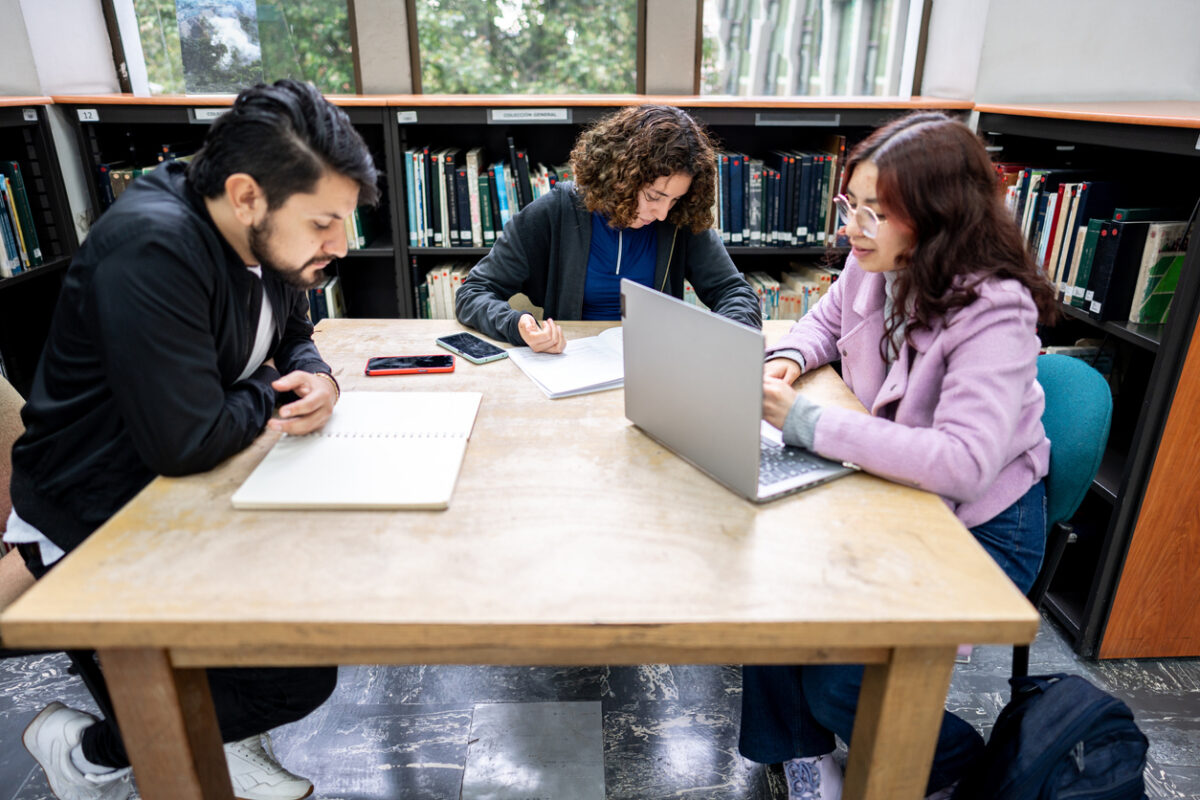IHEP Applauds Bipartisan, Bicameral Reintroduction of the Restoring Education and Learning (REAL) Act
Published Apr 09, 2019
Washington, D.C. –The Institute for Higher Education Policy (IHEP) applauds Senators Brian Schatz (D-HI), Mike Lee (R-UT), Dick Durbin (D-IL), and Representatives Danny Davis (D-IL), Jim Banks (R-IN), Barbara Lee (D-CA), and French Hill (R-AR) for their bipartisan, bicameral reintroduction of the Restoring Education and Learning (REAL) Act. IHEP Vice President of Applied Research, Julie Ajinkya, Ph.D. released the following statement:
“We would like to thank Sens. Schatz, Lee, Durbin and Reps. Davis, Banks, Lee, and Hill on their reintroduction of this important, equity-minded legislation. By reinstating federal Pell Grant eligibility for students who are currently incarcerated, the REAL Act of 2019 will restore postsecondary educational opportunities for thousands of students who have historically been underserved in our higher education system.
“In 1994, Congress ended Pell Grant eligibility for incarcerated students, and we saw, almost overnight, a large-scale reduction of higher education programs operating in prison and serving this population, resulting in an enormous loss of opportunity for incarcerated individuals and loss of potential for our communities.
“It is past time for the federal government to overturn the 1994 ban and restore education funding for students who are incarcerated. We know that higher education programs operating in prison can be incredibly transformative and can promote successful reentry and post-release outcomes, including increased employment, civic engagement, and continued postsecondary attainment, among thousands of impacted individuals.
“Prison-based higher education programs can transform students’ lives and hold the unique potential to close racial and income-based gaps in educational attainment, disrupt racial disparities in our criminal justice system, and create a more just society. The REAL Act removes a fundamental barrier to opportunity for incarcerated students, and we urge all policymakers to support this important legislation.”
In July 2018, IHEP announced a new two-year research initiative to assess the full impact of postsecondary educational opportunities offered in prison, beyond simply reduction in recidivism.
IHEP’s research efforts on the impact of access to higher education for incarcerated students date back 25 years. In 1994, IHEP released Pell Grants: Are Prisoners the Program’s Biggest Problem?, a seminal analysis which concluded that Pell Grants awarded to incarcerated students represented less than one percent of the program’s total budget. In 2005, IHEP released Learning to Reduce Recidivism, which examined postsecondary correctional education and policy, and argued that postsecondary correctional education programs offer the potential to provide incarcerated individuals with a second chance at productive citizenship. IHEP’s 2011 report, Unlocking Potential: Results of a National Survey of Postsecondary Education in Prisons, included a state-by-state analysis of correctional education policy, detailed the complexity of postsecondary correctional offerings, and sought to provide meaningful strategies to advance policy innovations. IHEP’s 2017 #CollegeNotPrison social media awareness campaign sought to educate policymakers, campus leaders, and the public about the financial aid barriers students involved in the justice system face when pursuing higher education.


